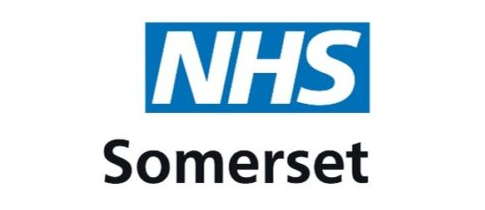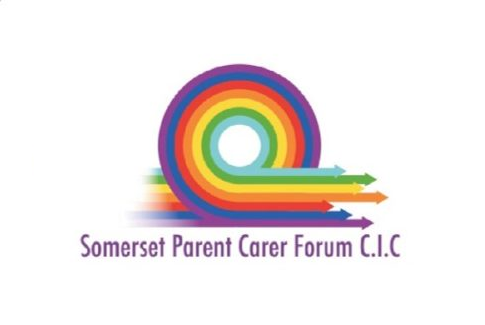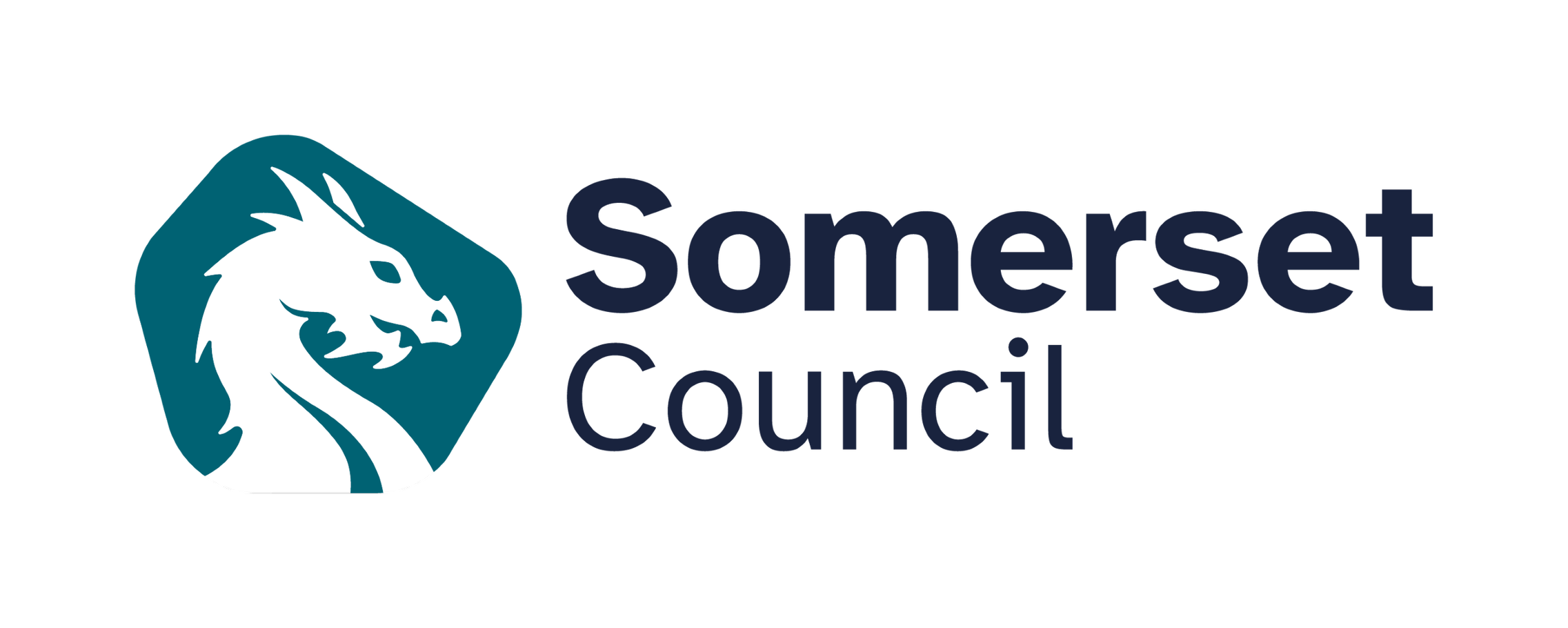What is the Dynamic Support Register (DSR)?
The register is important for health and care services to understand the needs of people with a learning disabilities and/or autism. The information will help professional services to work more closely to manage a child or young person’s care effectively and ensure positive outcomes.
Any professional working with a child across health, education and care can, with the right consent, refer a child or young person for consideration for the DSR .
Who can support me?
Your child’s Care Coordinator or Lead Professional will be able to answer any questions you have about this process. It is important that you and your child are able to make an informed decision about whether to consent to be added to the DSR .
The Link LD/A team support children and young people with a learning disability and/or autism who are on the DSR . Somerset’s Keyworking Programme ensures services are working in a joined-up way to support the young person’s needs. When a young person on the DSR is admitted to hospital, the Link LD/A keyworker will support the hospital to consider the reasonable adjustments required. They will also work with young people and their hospital team to think proactively about discharge.
What information is held on the register?
The information will depend on the individual, usually, it will include the:
- Name, NHS number and address
- Information about who is involved in their care, including parents and carers
- How they are managing their health, education, and social circumstances
- Any care or treatment plans that have been developed to support them living in the community
- Key information that people involved in their care and support should know, in order to help keep them safe.
What is a Care, Education and Treatment Review (CETR) and who might need one?
CETRs are focused on children and young people with a learning disability and/or autism who are either already in a specialist mental health or learning disability hospital or are at risk of admission.
The purpose of a CETR is to make sure the right care and support are available, to avoid inappropriate hospital admission or, if the child or young person is already in the hospital, to help make ensure good quality care and make sure they do not stay in hospital any longer than necessary.
CETRs are carried out by an independent panel. This includes an expert by experience, who is a person with a learning disability or autism or a family carer with lived experience of services. The panel also includes a clinical expert who is qualified to work in healthcare and the commissioner who pays for the person’s care.
What do we do with this information?
When you get the referral you will be contacted to discuss your child’s inclusion on the Dynamic Support Register.
The DSR for children and adolescents in Somerset is accessed and managed on behalf of the Somerset NHS by the Somerset Child and Adolescent Mental Health Service (CAMHS). Information is held securely in line with General Data Protection Regulations (GDPR).
We know that the needs of young people can change quickly, so this register is intended to help early identification of increased risk and to help us proactively support them in the community.
The register will be reviewed monthly by a local specialist team and will be maintained and updated by the Somerset Foundation Trust’s Child and Adolescent Mental Health team.
Should your child be at risk of admission to a mental health hospital, we will work closely alongside other agencies involved to try and prevent this from happening, if appropriate, or will remain involved to try to make their hospital stay as short as possible. This could involve a Care, Education and Treatment Review (CETR).
For more information about the DSR please contact the Learning Disabilities and Autism Commissioning Team at: somicb.ldasomerset@nhs.net
Information you may find helpful
My Rights Magazine for young people in mental health hospitals tells you what a restrictive practice is, what you and your family or carers can do if this happens and who you can talk to about this. You can read on your own, with someone on your ward, or in your family. It may help to read with someone if there is something you don’t understand or want to find out more about. Some of this may be difficult to read but it is important that you know what should and shouldn’t happen.





